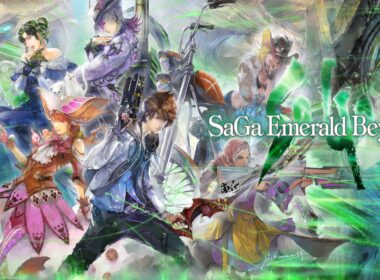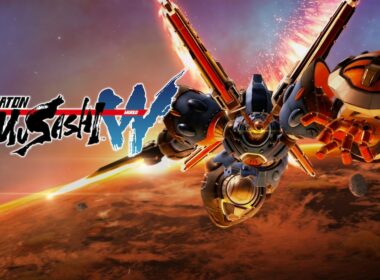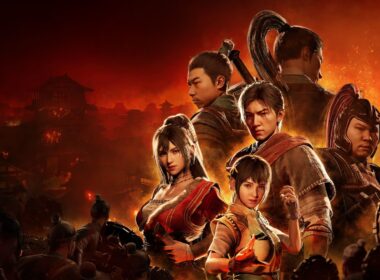Within his most recent Weekly Famitsu column, Masahiro Sakurai has contemplated the benefits of post-launch updates and patches.
Approaching the posed question from the perspective of a player, he shared that he was “extremely grateful” for such updates. As an increasing reliance in the evolving games industry, Sakurai reasoned that modern games are becoming increasingly complex and that their implementation can be associated to such a fact.
When adjustments or fixes are made, developers often don’t have enough time to play the final product through in entirety before the discs are printed. In the hands of players, Sakurai reasoned that there is also far more scope for issues to then be discovered in order to then be isolated and addressed.
We include Sakurai’s complete answer (translation by Source Gaming) for reference below:
“I want you to consider my perspective to be not one of a creator, but of a player that understands the situation comprehensively. I personally am extremely grateful for these updates. I’m very thankful for the various companies that put in the effort to do this.
“Of course, it would be best if perfection was attained by the release date. However, that’s only possible if you completely understand both the final product and how it’s made, like creating a plastic model by strictly following the given instructions. This simply isn’t possible.
“On the subject of updates and patches, I personally have four main thoughts to share:
- Modern games are extremely complex
“Previously, I’ve described modern games as “being similar to the human body.” They have an extremely complicated design and very complex mechanisms. It wouldn’t be an exaggeration to say they are 100 times—no, 1,000 times more complicated than games of the past. And this massive amount of data is subject to the variance and fluctuation that digital information is susceptible to. Making sure that everything works properly is a miracle in and of itself.
- Creators can’t play the completed product
“Creators don’t have enough time to play their final product before it goes on sale. If you make an adjustment or a fix, then you have to replay the game again, because it’s not the same game anymore. When incorporating bug fixes and balancing, the amount of time creators get to play their game without changing it is very short. These days, it is common to continue making adjustments past the physical release deadline, up until the release date, aiming to make the game as perfect as possible.
- The “testing power” of players is exceptionally high
“Suppose there’s a bug only one in 1,000 playtesters will encounter. There’s a very small chance we’ll discover said issue while debugging the game. However, one in 1,000 players are able to upload video footage to the Internet. We can gather hundreds of testers for QA, but once the game hits the market, their numbers are nothing compared to the amount of players doing what playtesters did. Games change daily during the QA period and require constant double-checking. Even when it comes to the bugs that are easiest to replicate, there’s no guarantee we will catch and fix everything. The same goes for game balance.
- Patches are a voluntary service
“Game-breaking bugs should be fixed. However, things like balance patches or slight adjustments to make the gameplay experience more pleasant are, in the end, a voluntary undertaking on the creator’s end.
“To incorporate content like this requires tying down the hands of the director and other principal members of the staff. For games, which are a one-time purchase, once it’s sold, the creator’s job is done. It’s more cost-effective for the developers to move onto other projects. However, I don’t think the stance of trying to improve a game even at a cost is something that should be criticized.
“That’s all, but a final thought. Even if post-release updates greatly increase the quality of a game, it’s pointless if players have already stopped playing the game. On the other hand, looking at balancing, you cannot simply make adjustments by blindly accepting feedback from the Internet. For example, we could balance our game based on what high-level players say, but if that meant beginner-level players would no longer be able to play, that wouldn’t be an acceptable outcome.
“Creators don’t think of updates and patches as easy or simple. People can feel however they want about that opinion, but I wanted to share my perspective with as many people as I could.”





